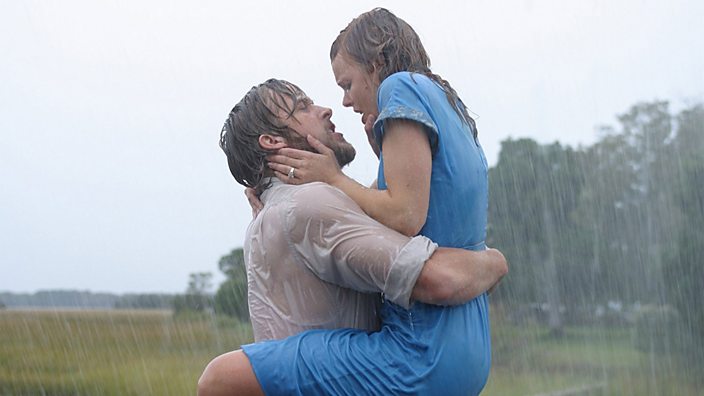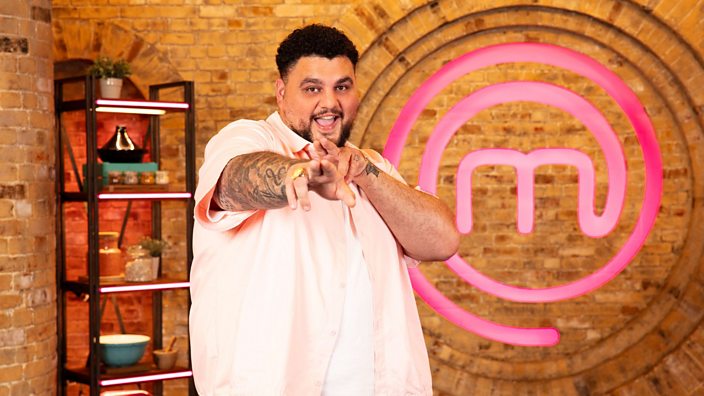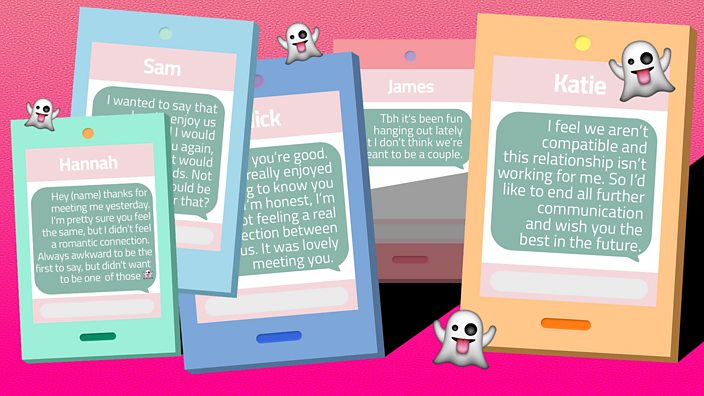 New Line Cinema
New Line CinemaTen times pop culture romanticised sexual harassment
And maybe you didn't even notice it
Most of us will have witnessed sexual harassment in a movie, a song or a TV show, but because of the way it’s framed, we probably won’t even have recognised the crime in front of us. In fact, we’ll probably have thought ‘aww, how romantic’.
From rom-coms that centre on a lack of female consent to sexist song lyrics, there are examples everywhere.
With sexual assault allegations cropping up all around us, and women speaking up about their real-life experiences of harassment with the hashtag #MeToo – not to mention the #TimesUp movement about ending sexual assault that took over the Golden Globes - it’s impossible to ignore what’s in the movies and songs we’re downloading.
Here are some of the worst offenders.
Goldfinger (1964)
Movies from the 1960s (and earlier) can be particularly bad offenders, but James Bond still stands out when it comes to sexism and casual misogyny. In Goldfinger, his actions cross incontrovertibly into sexual assault.
After meeting Honor Blackman’s Pussy Galore (yeah, don’t even get us started on the name), he corners her in a barn. When she tries to leave, he grabs her. She throws him to the floor, but then Bond does the same to her, lunging on top of her. She fights him off, but eventually succumbs to his advances, resulting in one of the most uncomfortable sex scenes on film.
The Notebook (2004)
Once seen as one of the most romantic movies of the 00s, it’s now widely recognised that Ryan Gosling’s Noah is a major creep.
The only way he manages to get Rachel Adams’ Allie to go on a date with him is by lying down in the middle of the road and telling her he’s going to let himself get killed unless she says yes. Unsurprisingly, she feels coerced into dating him. This feels more like emotional blackmail than a heartstring-tugging gesture.
The experiences of ‘Bristol piano man’ are a sign of how much things have changed since then. His plan to win back the woman who had rejected him by playing the piano non-stop until she gave him another chance was met with an outcry on social media. He eventually abandoned the idea after getting punched in the head.
The Police’s Every Breath You Take (1983)
The lyrics of one of the band’s most famous songs, Every Breath You Take, reads like the threats of an obsessive stalker: “Every breath you take / Every move you make / Every bond you break / Every step you take / I'll be watching you.”
If someone actually followed through on these promises, chances are they’d end up with a jail sentence. Sting has since admitted: “the song is very, very sinister” though he has not clarified whether this was intentional or not.
Bridget Jones’s Diary (2001)
Bridget has two love interests: Colin Firth’s Mark Darcy and Hugh Grant’s Daniel Cleaver. The latter sexually harasses Bridget – and no one acknowledges it.
When their relationship starts, he is her boss. He emails her sexually suggestive messages about her short skirt and see-through top. When their relationship breaks up, he sidelines her in the office and mistreats her to the point that she decides to quit. This, in a rom-com.
Blade Runner (1982)
Ridley Scott’s film, a cult classic with any number of problematic scenes, contains one especially disturbing sequence in which Harrison Ford’s Rick Deckard tells Sean Young’s Rachael that she’s an android - not a human. In this traumatic moment, he decides to hit on her. First comes a kiss, but when she backs away and heads for the door, he gets violent. He punches the door, grabs her, and pins her against the window where he kisses her again.
She eventually submits and the music and atmosphere change in a way that suggests that this non-consensual situation has now become a romantic moment. He asks her, "say 'kiss me'," until she repeats him, telling him, "kiss me". He then asks her to say, "I want you," and she tells him, "I want you,", eventually seeming to enjoy the kiss. No wonder that there are articles questioning whether this is a rape scene.
Love Actually (2003)
Mark’s placards to Juliet are portrayed as the epitome of romantic unrequited love. He goes to the effort of bringing cards round to her house, with a message saying he loves her with ‘no hope or agenda’, and just wants her to know because it’s Christmas. This is all seen as very sweet, and Juliet – who is married to his best friend – accordingly gives him a kiss.
But, earlier in the movie, while filming Juliet’s wedding to Peter, Mark had surreptitiously spent the day zooming in only on Juliet, watching her every move through his camera lens. If that’s not stalkery enough, he then keeps the video, presumably for his own personal use.
Game of Thrones (2011-)
One of the most popular love stories in the hit series was between Khal Drogo and Daenerys. But what about the origins of their relationship?
It began as a deal brokered by Daenerys’s brother, in which she was sold in exchange for warriors. When she refused, her brother said he’d get all of Drogo’s men and horses to rape her if that’s what it took for her to marry him. She was forced into marrying Drogo, was raped by him on their wedding night (a recurring GoT theme) before eventually falling in love with him. Stockholm Syndrome, anyone?
Alt-J’s Breezeblocks (2012)
One of the Indie Rock band’s biggest hits is Breezeblocks – an apparently romantic song about a man who doesn’t want the woman he loves to go. The lyrics begin, “She may contain the urge to run away / But hold her down with soggy clothes and breezeblocks.” The song ends, “Please don’t go, I’ll eat you whole.”
Err. Not at all weird…
Passengers (2016)
In this movie, Chris Pratt is one of thousands of passengers on a spaceship, asleep in hibernation pods. They’re all meant to be asleep for 120 years – the length of the journey – and are due to awaken when they arrive at the next planet. For some reason, Pratt’s pod breaks and he wakes up. He’s so lonely he decides to wake up the most attractive passenger he can find sleeping – Jennifer Lawrence.
They’re only 30 years into the 120-year journey, so he’s effectively condemning her to a lifetime alone with him on a ship – and then death. But because it’s Hollywood, she falls in love with him, and his extraordinarily selfish act is presented as a sweet romantic gesture that brought them together.
The film divided opinion when it came out, with some reviewers calling it "like a castaway love story", "a spaceship rom-com" and "space romance", while others considered it a "sinister sexless romance".
There's Something About Mary (1998)
This rom-com sees Cameron Diaz's Mary pursued by three men, with Ben Stiller's Ted eventually winning the woman.
Ted is frankly a stalker. He goes on a date with Mary in high school, and 13 years later, hires a private detective to track her down. He then woos Mary and lies about the stalking. In the meantime, the private detective also falls for Mary and tries to win her over - even drugging her dog.
In the end they're all exposed, but Mary forgives Ted on the grounds that his stalking was proof of his love for her: “I did it because I never stopped thinking about you. And if I didn’t find you, I knew that my life would never ever be good again.” Romantic or terrifying? You be the judge.
These aren’t the only romanticised examples of sexual harassment in pop culture. It’s about time we started to see them for what they really are.
Originally published 9 January 2018.




















